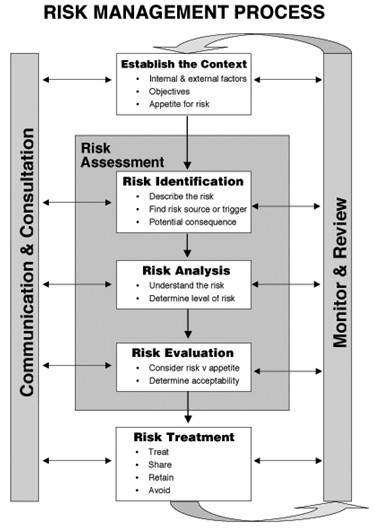What is Credit Risk in Foreign Exchange?
Credit risk is the possibility for a loss to occur due to the failure of a borrower to meet its contractual obligation to repay a debt. For example, a homeowner may stop making mortgage payments. This is also called ‘default risk’ or ‘counter-party risk’, and pertinent credit events may include bankruptcy, failure to pay, loan restructuring, loan moratorium, or accelerated loan payments. In the wake of the 2008 financial crisis, numerous major financial institutions experienced severe losses. These were all due to inefficient risk management.

Some other important types of financial risks that an institution faces are:
- Operational Risk: Loss occurred due to a business’ operations i.e. process, human resources, systems, external events. Operational risk also comes about through external events such as political, legal, and fraud risks.
- Market Risk: Risk caused by unexpected changes in market factors such as interest rates, stock prices, commodity prices, and foreign exchange rates. In the following sections of this book, the primary base of credit risk and its analysis will be discussed. This will include understanding what credit risk is, how to identify risk, and mitigating risk from businesses and portfolios.
Practice Questions
1. What is credit risk in foreign exchange?
A) The risk of losing money due to changes in exchange rates
B) The risk of a counterparty defaulting on a foreign exchange transaction
C) The risk of a government imposing restrictions on foreign exchange transactions
2. How does credit risk affect a company’s cash flows?
A) It has no effect on a company’s cash flows
B) It can decrease a company’s cash flows if a counterparty defaults on a transaction
C) It only affects a company’s cash flows if it engages in international trade
3. How does credit risk affect a company’s profitability?
A) It has no effect on a company’s profitability
B) It can decrease a company’s profitability if a counterparty defaults on a transaction
C) It only affects a company’s profitability if it has foreign currency-denominated assets
4. How can companies mitigate credit risk in foreign exchange?
A) By conducting due diligence on counterparties before entering into transactions with them
B) By avoiding international trade altogether
C) By investing only in domestic assets and avoiding foreign exchange markets
Answers:
- B
- B
- B
- A

Apply for Foreign Exchange Certification
https://www.vskills.in/certification/Certified-Foreign-Exchange-Professional

